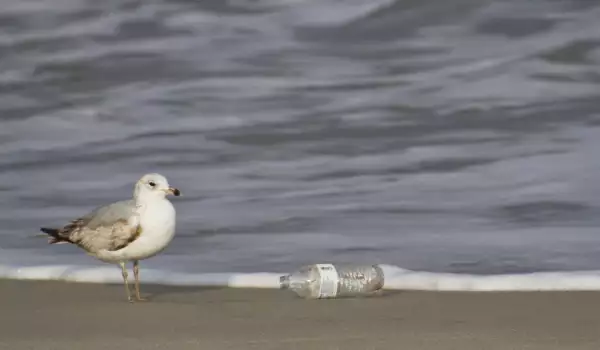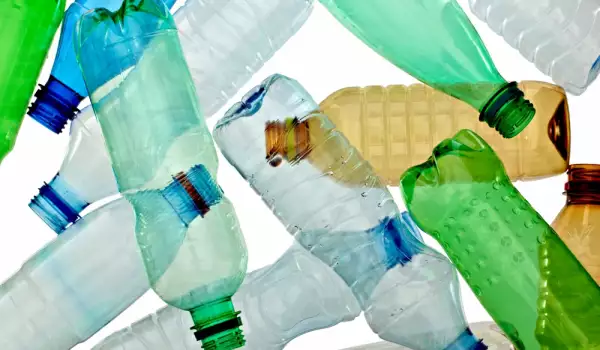Plastic has become part of the Earth's geology. We are living in the era of the Anthropocene - a geological period marked by the effects of human activity.
The epoch of plastic may continue for centuries. Until now, archaeologically distinct epochs were always determined by natural environmental forces. But in our present era, humans and their influence on nature have become determinant.
When plastics first became part of our daily lives no one had any idea that they would spread on such a colossal scale.
It permeated chiefly due to its unbelievable functionality and low production costs. At the same time however, barely 14% of all plastic bottles and containers are collected and recycled. Thanks to its durability, today it is everywhere around us. And will continue to be for decades, and even long after we're gone.
It is difficult for plastic that gets buried in the Earth to decompose. By comparison, banana peels and tissue paper decompose within 2-4 weeks. But plastic will most likely fossilize. This way, human activity will leave behind a message for the future, millions of years from now.
Right now it may be hard to imagine but in the future plastic will be the geological material that provides information for future archaeologists.

It's found ever more frequently in the youngest rock layer on Earth, where its levels are slowly but surely rising. Plastic is a great stratigraphic marker since it accurately shows the time period during which a given layer was transformed into hard earth.
The noticeable buildup of plastic may turn out to be an advantageous factor for people studying us in the future some day but today it has a dramatic influence on our planet. According to the latest studies, by 2050 there will be more plastic garbage in the oceans than fish.
The material may lead to numerous disastrous consequences for mankind. To avoid catastrophe, we need to improve the economy and efficiency of recycling. Otherwise, the consequences may prove fatal.












